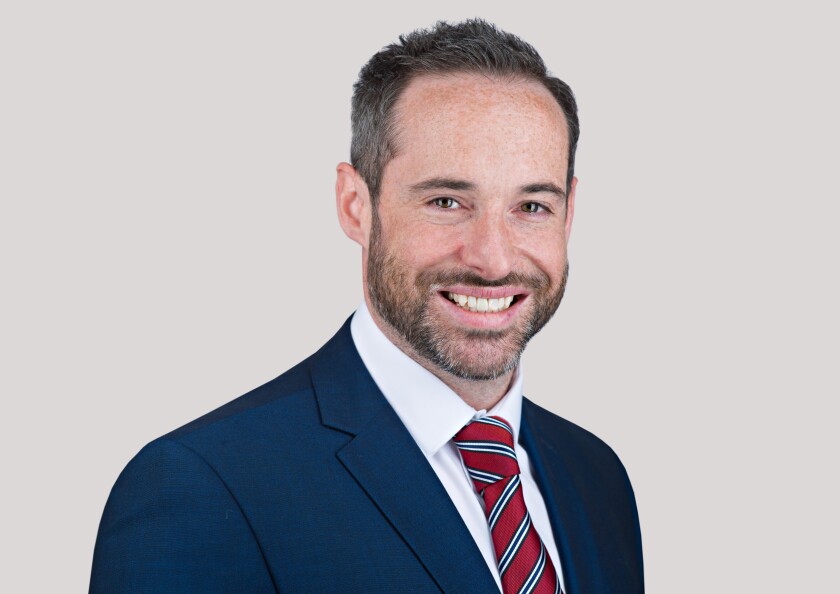Welcome to the latest instalment of Managing IP’s ‘Five minutes with’ series, where we learn more about IP lawyers on a personal as well as a professional level. This time we have Andrew Carridge, partner at Reddie & Grose in Cambridge.
Someone asks you at a party what you do for a living. What do you say?
I’m not a huge fan of talking about what I do outside of a work environment, so to avoid it I usually say that I work in law (or sometimes IP law). When I have said that I am a patent attorney in the past, it has invited a lot of questions!
Talk us through a typical working day.
After checking my work emails and my ‘to-do list’, I will prioritise the tasks that need to be done, and then either get on with doing them myself or delegate them to my colleagues. I still like to be involved in all aspects of professional work, whether that is drafting, prosecution, opposition, or opinion work, so I usually have a few of these tasks ongoing at any one time.
I will usually have a few calls or meetings throughout the day with colleagues who I am working with, or whose work I am overseeing, or with clients. I have a trainee who I directly oversee, and so we may spend some time going through some work they have done.
It is also good to have a few non-chargeable tasks throughout the day to break things up. Often this involves marketing or business development. It might be working on a future presentation, developing an article for a magazine, or following up with contacts from a recent networking event.
During lunchtime, I usually find it challenging to tear myself away from my desk. The most I will do is take a brief walk to the coffee shop and back.
When in the office, I’m more inclined to take regular short breaks to speak to people face-to-face, share a laugh or a joke, or troubleshoot something with a colleague.
What are you working on at the moment?
I’ve mainly been working on a multi-party opposition at the EPO which has parallel litigation proceedings in the UK. It has been taking up a lot of my time!
Does one big piece of work usually take priority or are you juggling multiple things?
It depends. Mostly, I would say that I am juggling multiple things, except when involved in patent oppositions.
What is the most exciting aspect of your role and what is the most stressful?
Oppositions can be the most exciting but also the most stressful.
I also find getting to grips with new technology exciting. I like finding out how ‘stuff’ works.
Tell us the key characteristics that make a successful IP lawyer/practitioner.
A successful IP lawyer possesses a natural curiosity about how things function.
Success in this field also involves focusing on a client, understanding their preferred communication methods, and discerning their commercial objectives.
Early in the career, the profession can seem like an academic exercise, but the more experience you get, the more you realise the value you can provide to clients.
What is the most common misconception about IP?
If I do speak to people outside of law about what I do, there is often a perception that IP is inherently ‘bad’ or anti-competitive (particularly in life sciences). People often equate patents with evil ‘Big Pharma’.
What or who inspires you?
Wanting to do a good job for my clients.
If you weren’t in IP, what would you be doing?
Now that I’m past my physical prime, professional football might just about be out of the question. Aside from that, possibly a medical doctor.
Any advice you would give your younger self?
Insecurity never goes away but it can become more manageable if you push yourself and do things (even small things) that put you out of your comfort zone.










